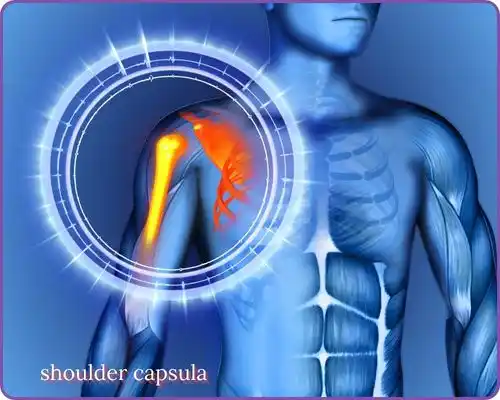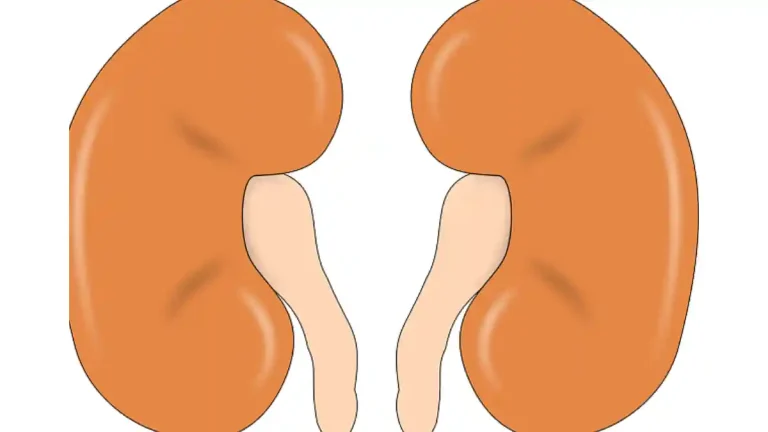Adhesive Capsulitis
Adhesive Capsulitis: Understanding Frozen Shoulder
Introduction
Adhesive capsulitis, commonly referred to as frozen shoulder, is an inflammatory condition characterized by stiffness and pain in the shoulder joint. This condition can significantly affect the quality of life, limiting daily activities and causing discomfort. It often occurs without an obvious cause, but certain medical conditions, particularly diabetes, increase the risk of developing frozen shoulder. This article provides an overview of the inflammatory condition, including its causes, symptoms, diagnosis, treatment options, and potential complications.
Understanding Adhesive Capsulitis
Adhesive capsulitis is characterized by the thickening and tightening of the joint capsule surrounding the shoulder, leading to restricted range of motion and increased pain. The condition typically progresses through three phases:

- Freezing Phase: In this initial phase, the shoulder begins to experience pain, which progressively limits movement. This phase can last for several weeks to months.
- Frozen Phase: The pain may diminish, but the shoulder becomes increasingly stiff, making it challenging to perform daily activities. This phase can persist for several months.
- Thawing Phase: Gradually, the range of motion returns, and pain decreases. Full recovery can take several months to years.
Causes and Risk Factors
The exact cause of frozen shoulder remains unclear, but it is associated with various risk factors, including:
- Diabetes Mellitus: Individuals with diabetes, particularly type 2, are at a higher risk of developing frozen shoulder. The condition may be more common in those with long-standing diabetes.
- Age and Gender: Frozen shoulder typically affects people between the ages of 40 and 60, with a higher prevalence in women than men.
- Other Medical Conditions: Conditions such as thyroid dysfunction, cervical spondylosis, and autoimmune diseases can also increase the likelihood of developing frozen shoulder.
- Shoulder Injury: Trauma, surgery, or immobilization of the shoulder joint can lead to frozen shoulder.
Symptoms
Common symptoms of adhesive capsulitis include:

- Gradual onset of shoulder pain and stiffness
- Limited range of motion in the shoulder, especially during activities that require reaching overhead or behind the back
- Difficulty sleeping due to shoulder pain
- Pain that worsens at night or with specific movements
Diagnosis
The diagnosis of the disease is primarily clinical, based on the patient’s history and physical examination. Healthcare providers typically assess:
- Patient History: Inquiry about the onset and progression of shoulder pain and limitations.
- Physical Examination: Assessment of active and passive range of motion, particularly in abduction, internal rotation, and external rotation.
- Imaging: X-rays may be performed to rule out other shoulder pathologies, although they are usually normal in cases of adhesive capsulitis.
Treatment Options
Management of adhesive capsulitis focuses on relieving pain and restoring mobility. Treatment options include:

- Physical Therapy: Tailored exercises to improve shoulder mobility and strength are crucial. Physical therapy is often the cornerstone of treatment.
- Medications: Nonsteroidal anti-inflammatory drugs (NSAIDs) can help reduce pain and inflammation. Corticosteroid injections may also be used to alleviate symptoms.
- Heat and Cold Therapy: Applying heat or cold packs can provide temporary relief from pain and stiffness.
- Surgical Intervention: In severe cases where conservative treatments fail, surgical options such as arthroscopic capsular release may be considered to improve range of motion.
Complications
While adhesive capsulitis can resolve over time, some individuals may experience complications, including:
- Chronic Pain: Persistent shoulder pain may occur even after treatment.
- Recurrent Adhesive Capsulitis: Some patients may develop frozen shoulder again in the same or opposite shoulder.
- Long-Term Mobility Issues: Limited range of motion may continue for an extended period, impacting daily activities and quality of life.
Conclusion
Adhesive capsulitis is a prevalent condition that significantly impacts individuals, particularly those with diabetes. Awareness of the risk factors, symptoms, and treatment options is essential for timely diagnosis and effective management. If you suspect you may have inflammation, stiffness in shoulder joint, seeking medical advice promptly can help alleviate symptoms and improve mobility, leading to a better quality of life. Regular follow-ups and adherence to rehabilitation programs are crucial for optimal recovery from this condition.



